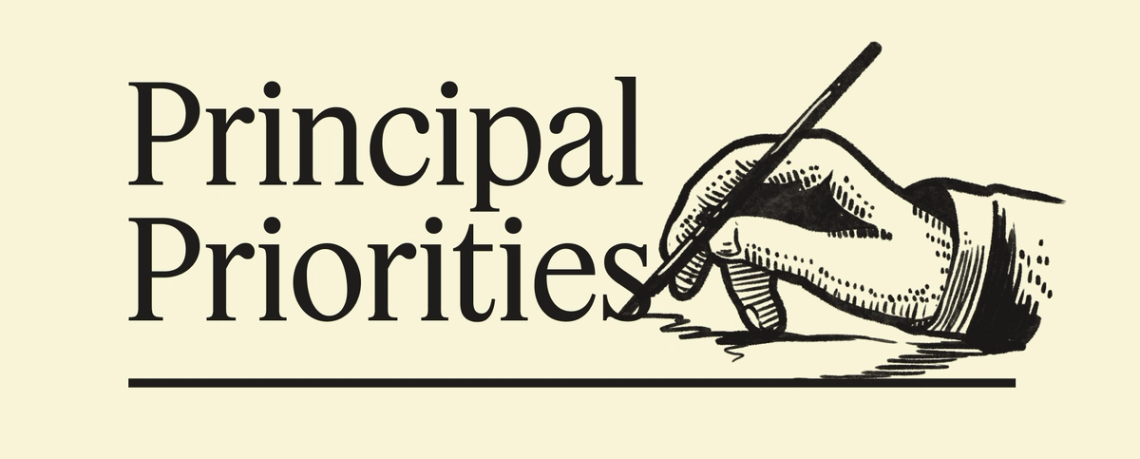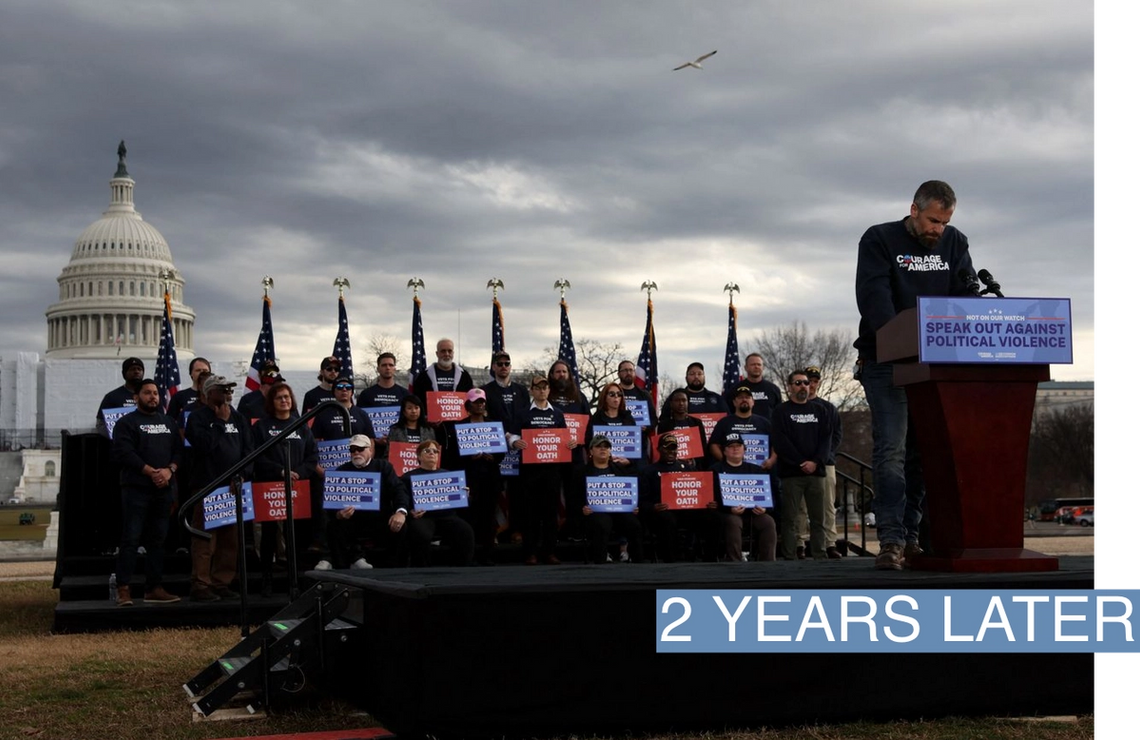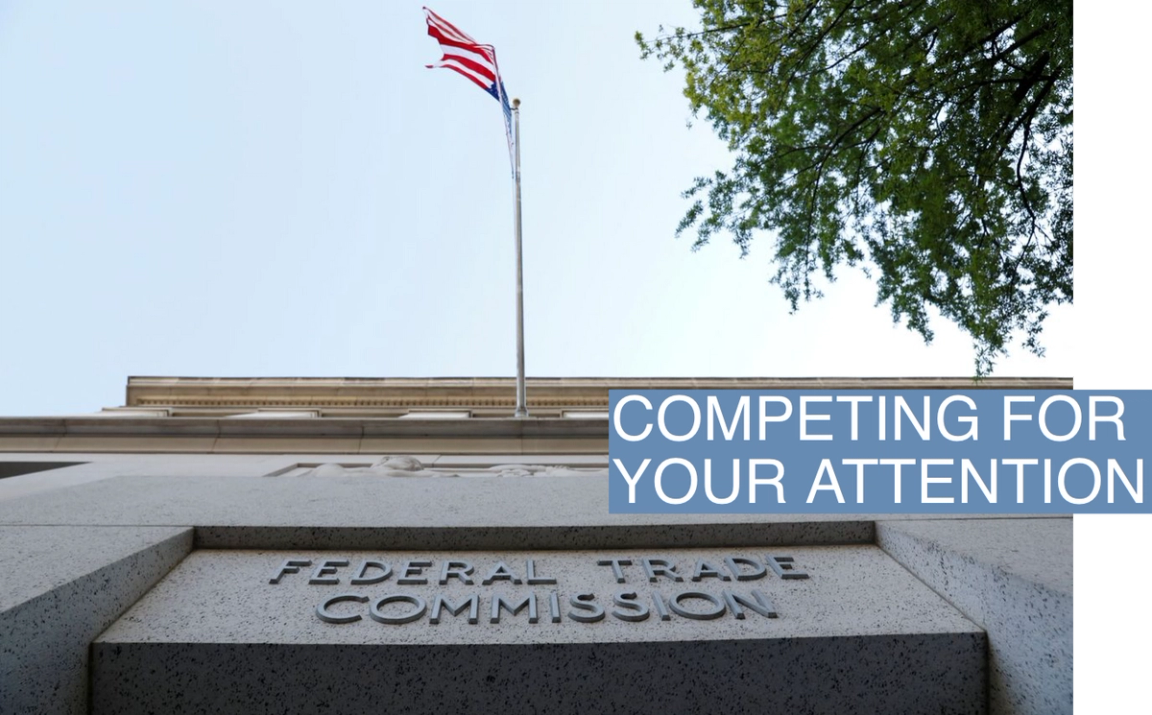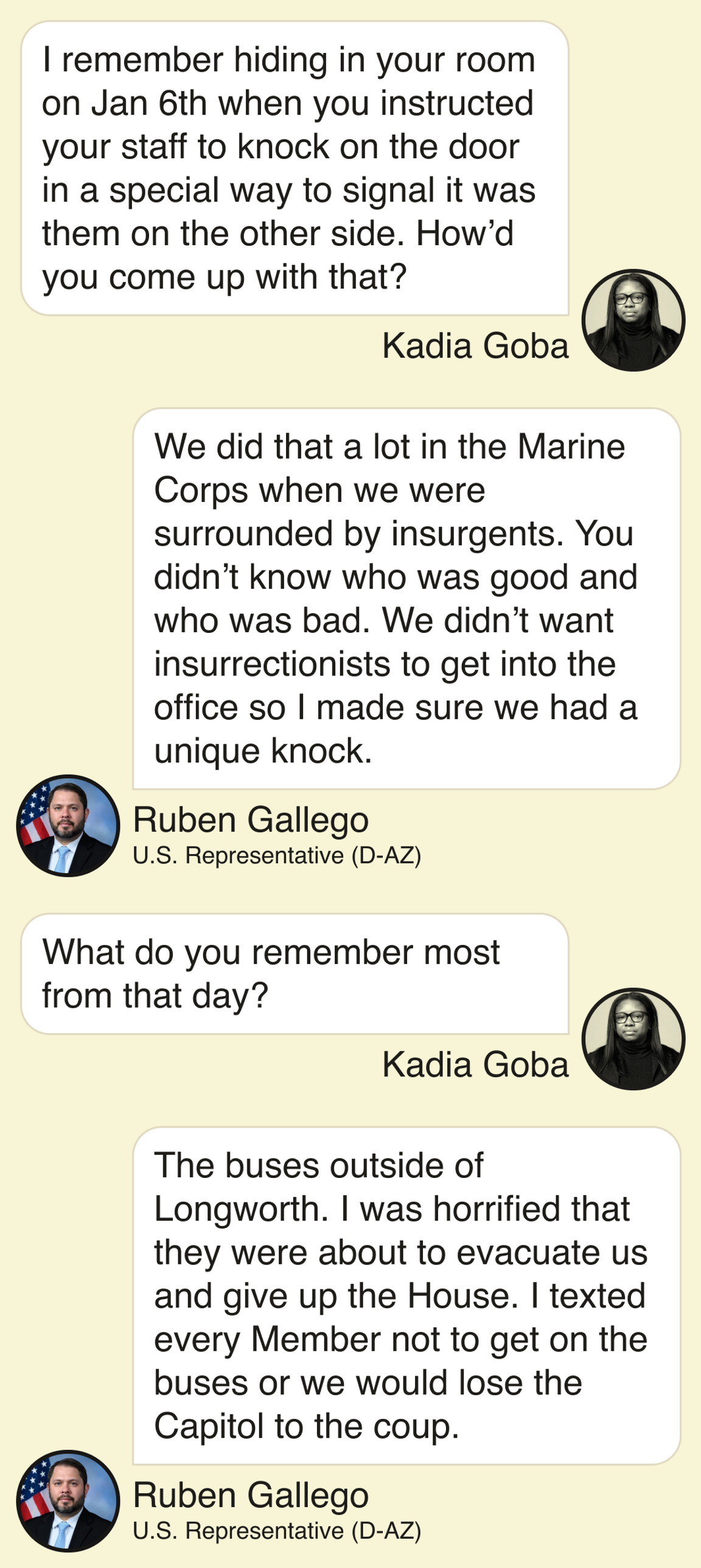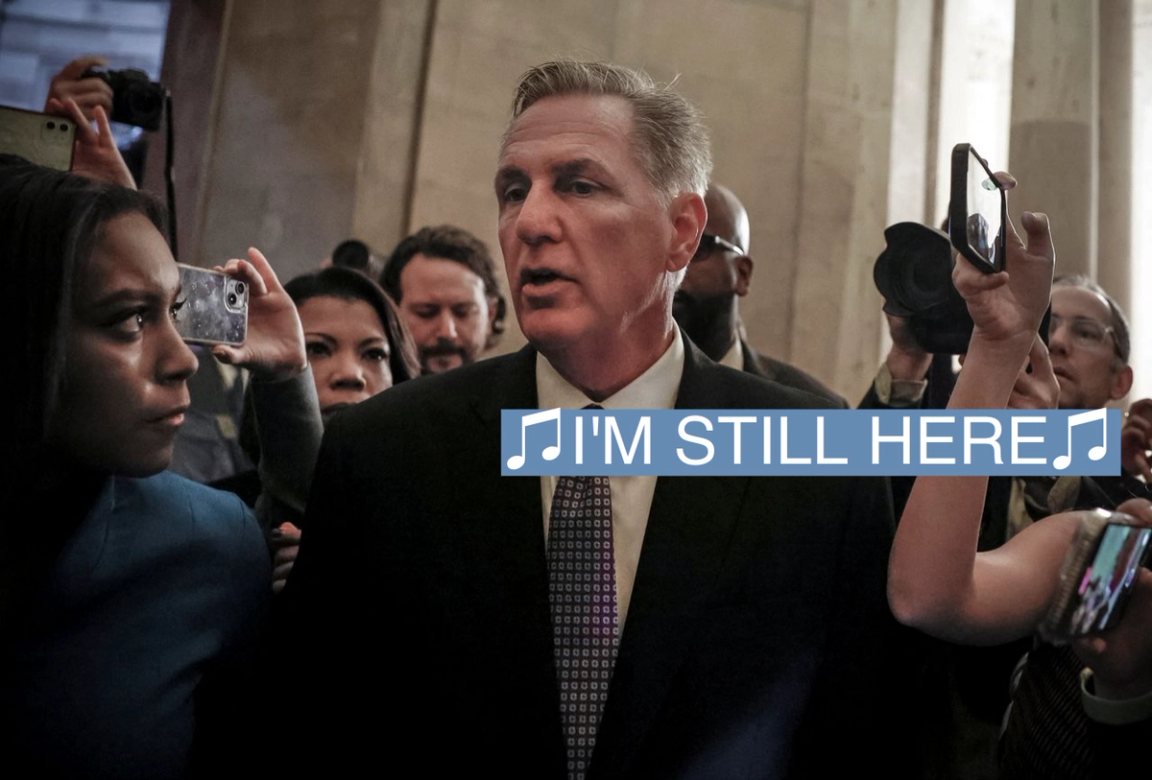 REUTERS/Evelyn Hockstein REUTERS/Evelyn HocksteinKevin McCarthy appeared to be making progress towards a deal with at least some opponents of his speakership on Thursday night, even as 20 Republicans voted him down on the House’s seventh, eighth, ninth, tenth, and eleventh ballots. The standoff is now the longest since before the Civil War. Success is still extremely far from assured, however, and there’s no sign of an imminent vote that would make him Speaker of the House. Here’s where things stand as of Friday morning. There’s an offer on the table McCarthy’s team presented an offer in writing to holdouts on Thursday evening and some of them said they were encouraged. “It’s changes that we wanted,” Rep. Ralph Norman, R-S.C. said after reviewing a draft. “Now, we’ve got a lot more that we have to get to. This is round one and it’s on paper, which is a good thing.” Topics under discussion include the House Freedom Caucus’s influence on committees (an area where McCarthy allies say they’re especially loath to cede too much power), how to approach budget negotiations around the debt ceiling, rules addressing earmarks, and a vote on 12-year term limits (it wouldn’t become law), There’s also a much-discussed motion that would allow any Republican member to bring a vote to remove the speaker. The new package builds on previous concessions holdouts say interest them, including a 72-hour waiting period before legislation and the Holman Rule, which would allow them to zero out funding for individual federal employees and programs. Rep. Paul Gosar, R-Ariz., another “no” who participated in talks, said “it’s not about a no, it’s about what it takes to get to yes.” But he also wasn’t sure yet if he’d seen enough to convince him he could support McCarthy. “The thing about it is, trust is a series of promises kept,” he said. Allies of McCarthy tried to project optimism and a sense of newfound momentum. At one point, top negotiator Rep. Patrick McHenry, R-N.C. even said “the goal” was to elect a speaker that night. “I think we’re getting closer,” Rep. Jim Jordan, R-Ohio told reporters as they staked out meetings. Still, the night ended without any new commitments to support McCarthy, even as members crisscrossed between offices to go over the particulars. “We’re evaluating things and we’re still working through it,” Rep. Scott Perry, R-Pa., a McCarthy opponent who leadership sees as gettable, said after a late night meeting. The deal might not make McCarthy speaker, though McCarthy allies say it’s still unclear how many of the 20 holdouts might be swayed, even if an offer from leadership is met favorably by some. “We don’t know what that number is, but this is phase one and phase two will be whoever’s remaining and just kind of limit the universe out there,” Rep. Brian Fitzpatrick, R-Pa. said inside the Speaker’s Lobby. “I just know it’s going to get Kevin closer,” he added. The talks seemed mostly aimed at bringing aboard more movement-oriented conservatives like Rep. Chip Roy, R-Texas, who were intensely engaged in talks today. But more flamboyant MAGA-style populists like Reps. Matt Gaetz, R-Fla. and Lauren Boebert, R-Colo. still sounded dug in as of Thursday evening. Rep. Bob Good, R-Va. started the day saying he would never vote for McCarthy under any circumstances. And Arizona freshman Eli Crane told Politico he was “not looking for a deal.” “If you listen to the hardest-core seven or eight, they have told me they will never yield,” Rep. Pete Sessions, R-Texas said on Thursday, according to CNN. He has suggested Republicans begin to consider backup options who might get 218 votes if the standoff continues. Winnowing down opposition and showing some momentum could help McCarthy keep Republicans from drifting toward other potential speakers for now, like his top deputy Steve Scalise, and make it easier to pressure the remaining rebels. But if the issue for a critical mass of votes really is McCarthy himself, it might only delay the inevitable. — Kadia Goba and Benjy Sarlin | 

